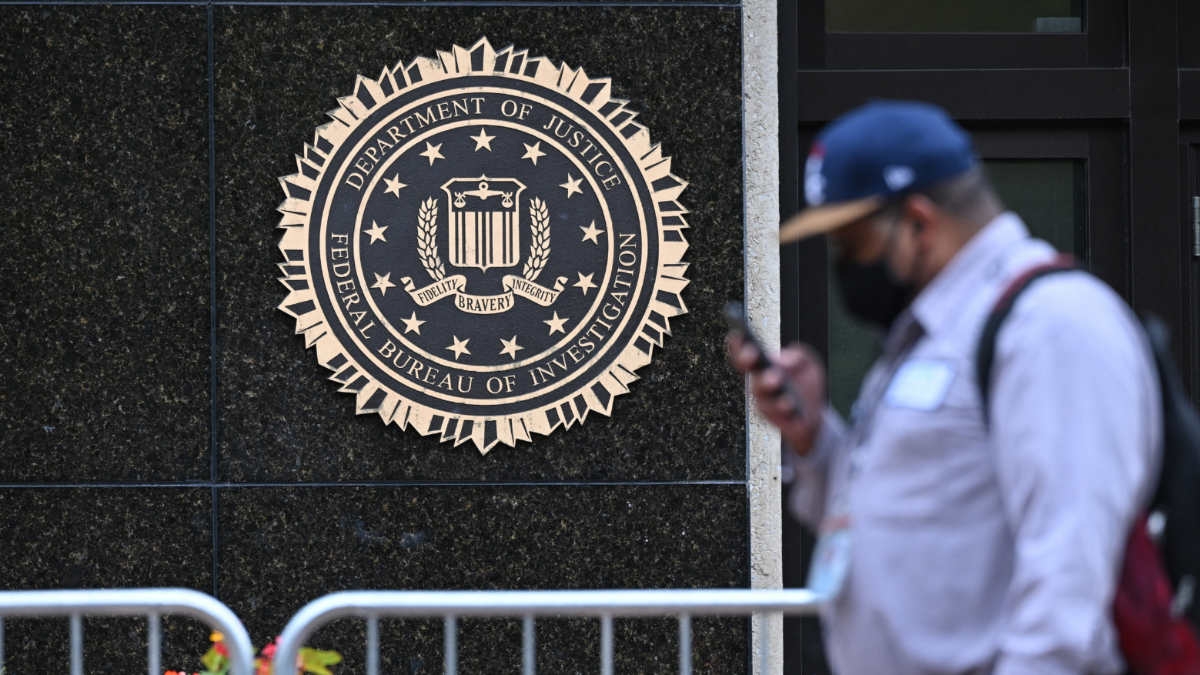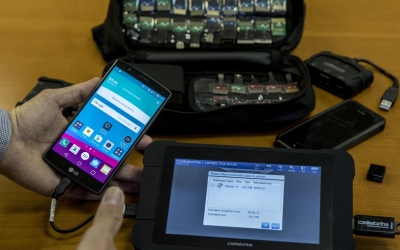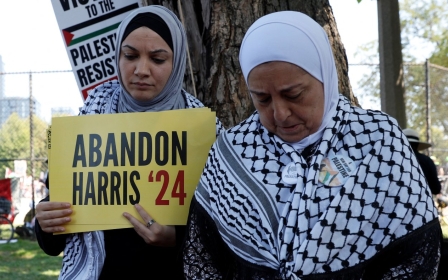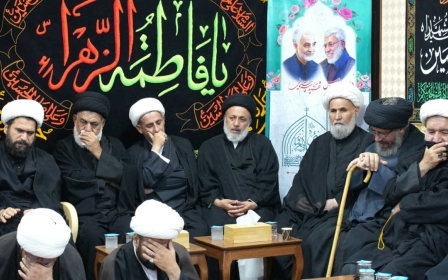FBI concludes Iran hacked Trump campaign

The FBI and other US intelligence agencies said Iran was behind a recent hack targeting Donald Trump's presidential campaign, as part of a wider effort by Tehran to influence the 2024 election.
In a joint statement, the Office of the Director of National Intelligence, the FBI, and the Cybersecurity and Infrastructure Security Agency confirmed the Trump campaign’s claim earlier this month that it had been targeted by Iran.
"We have observed increasingly aggressive Iranian activity during this election cycle, specifically involving influence operations targeting the American public and cyber operations targeting presidential campaigns," the security agencies said.
"This includes the recently reported activities to compromise former President Trump's campaign, which the (intelligence community) attributes to Iran," they said.
In response, Iran's mission to the United Nations denied the country's role in the hack and challenged Washington to release evidence for the claim.
New MEE newsletter: Jerusalem Dispatch
Sign up to get the latest insights and analysis on Israel-Palestine, alongside Turkey Unpacked and other MEE newsletters
"Such allegations are unsubstantiated and devoid of any standing," the mission said in a statement.
"As we have previously announced, the Islamic Republic of Iran harbors neither the intention nor the motive to interfere with the US presidential election.
"Should the US government genuinely believe in the validity of its claims, it should furnish us with the pertinent evidence, if any, to which we will respond accordingly.”
But the US intelligence community said Iran sees the 5 November election as pivotal to its interests.
Bracing for retaliation
Some analysts speculate Iran might prefer US Vice President Kamal Harris to win the election.
Former US President Donald Trump unilaterally withdrew from the 2015 Iran nuclear deal and ramped up sanctions enforcement against the Islamic Republic. He also approved the 2020 killing of Iranian Revolutionary Guards Corps General Qassem Soleimani.
Earlier this year, Iran elected a reformist president, Masoud Pezeshkian. His victory was read as a sign by some analysts that Iran’s supreme leader, Ayatollah Ruhollah Khomeini, and members of the elite Revolutionary Guard may want to keep a window open to the West.
Those efforts may be complicated by Israel’s war on Gaza and simmering tensions between the US and Israel with Iran’s so-called "axis of resistance". The two allies are bracing for Iranian retaliation to the dual Israel assassinations of Hamas leader Ismail Haniyeh in Tehran and Hezbollah military chief Fuad Shukr in Beirut.
Harris' campaign said on 13 August that it too had been targeted by foreign hackers, but did not give an indication of which country was believed to be behind the attempt.
"In July, the campaign legal and security teams were notified by the FBI that we were targeted by a foreign actor influence operation," a Harris campaign official told AFP.
Google said this month that hackers backed by Iran were targeting the Democratic and Republican presidential campaigns.
A hacker group known as APT42 linked to Iran's Islamic Revolutionary Guard Corps went after high-profile individuals and organisations in Israel and the United States, including government officials and political campaigns, according to a threat report released by Google.
Google's threat analysis group continues to see unsuccessful attempts from APT42 to compromise the personal accounts of individuals affiliated with Biden, Harris and Trump, the report said.
Middle East Eye delivers independent and unrivalled coverage and analysis of the Middle East, North Africa and beyond. To learn more about republishing this content and the associated fees, please fill out this form. More about MEE can be found here.





